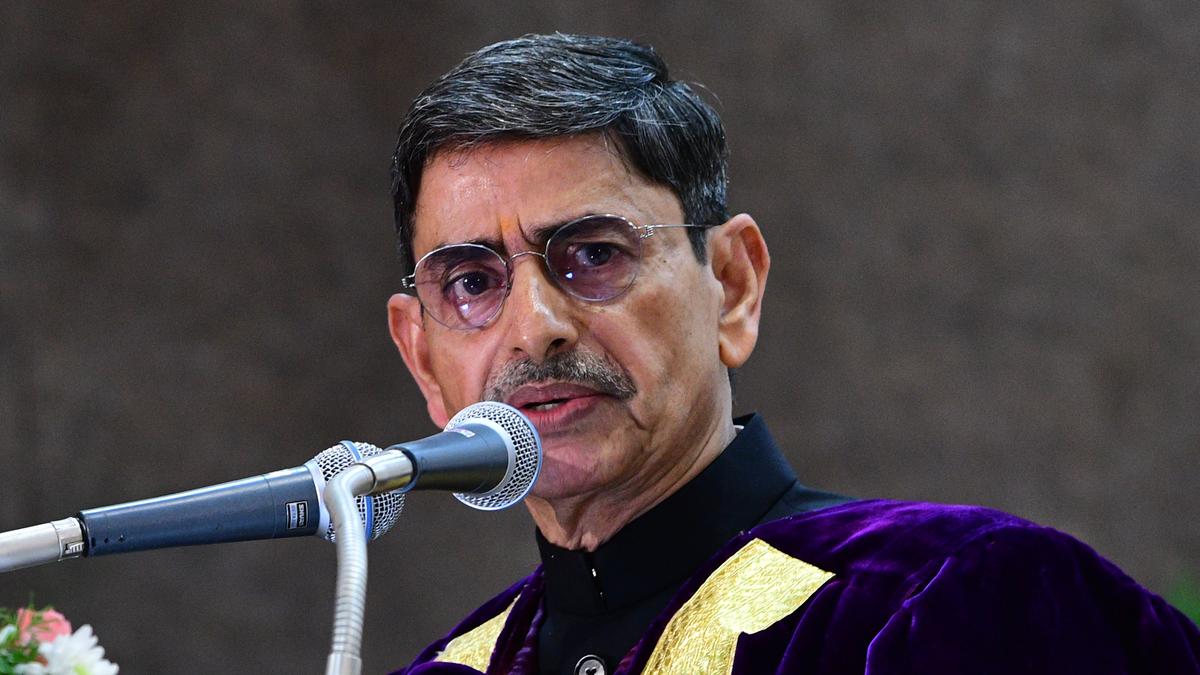Tamil Nadu Governor R.N. Ravi.
| Photo Credit: S. Siva Saravanan
The Supreme Court’s deadlines for Governors to decide the fate of Bills sent to them for assent is a bid to plug a “Constitutional silence”.
The text of the Constitution does not specify any time limits for Governors. This had led Governors in multiple Opposition-ruled States to sit on Bills.
The situation had prevailed despite a November 2023 apex court order in State of Punjab versus Principal Secretary to the Governor of Punjab that “real power vests with the elected representatives of the people in a parliamentary form of democracy. The Governor, as an appointee of the President, is a titular head of the State”.
State governments like West Bengal, Tamil Nadu, Punjab and Kerala had continued to accuse their Governors of behaving like “political rivals”.
But, on April 8, a Bench of Justices J.B. Pardiwala and R. Mahadevan declared that any failure by Governors to comply with its maximum time limit of three months, if they want to withhold assent or reserve Bills for the consideration of the President, would invite judicial action. With this, the April 8 judgment has gone a step further from earlier decisions of the court which had only cajoled Governors to act within a “reasonable time”.
A week before this judgment in the Tamil Nadu Governor case, the Supreme Court had made stern remarks against another Constitutional silence which has facilitated Speakers to delay decisions in disqualification proceedings under the anti-defection law.
The remarks came from a Bench headed by Justice B.R. Gavai on April 3, while reserving judgment on appeals challenging the months’ long delay shown by the Telangana Speaker to decide disqualification petitions filed under the anti-defection law (Tenth Schedule of the Constitution) against 10 BRS MLAs who had shifted to the ruling Congress in the State.
Specific time periods
Justice Gavai said the court would fix “specific time periods” for Speakers, or disqualification petitions may end up in the “dustbins” and the Tenth Schedule would be reduced to a mockery. The Bench had referred to a 2020 judgment of the Supreme Court in the Keshab Meghachandra Singh case in which it had said disqualification petitions under the Tenth Schedule ought to be decided by Speakers within three months. This has largely been followed by Speakers in breach so far.
Hearings in both the Tamil Nadu and Telangana cases have seen the Supreme Court clarify that it did not want to interfere in what manner Governors or Speakers decide, but within what time they should. Constitutional authorities cannot take advantage of Constitutional silences to weaponise delay to thwart the will of the people, the court had underscored.
Published – April 10, 2025 10:19 pm IST
